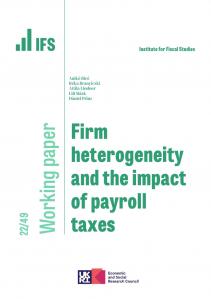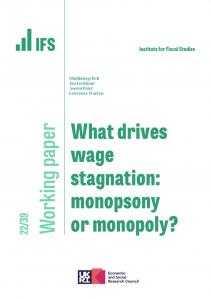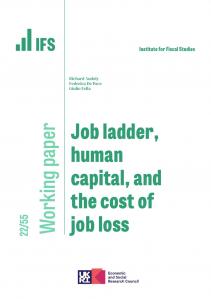The level of private sector labour productivity has been particularly weak since the start of the crisis. In this paper we explore whether impairment to capital reallocation has been contributing to this weakness. The recent increase in the dispersion of output, prices and rates of return across firms and sectors is stark, and suggests that resources have had incentives to move. Efficient allocation requires that capital moves to firms and sectors where rates of return are relatively high. And the change in capital levels across sectors has been particularly low, suggesting there has been an unusually slow process of capital reallocation since 2008 compared to previous UK recessions and other banking crises. This result is also apparent within sectors. We use a simple and general model to show that increased price dispersion can be a consequence of frictions to efficient capital allocation. And the size of this dispersion can usefully inform us about the size of the associated output and productivity loss. We then find that – using firm level data – the relationship between rates of return and subsequent capital movements has changed since the financial crisis. Overall, our results suggest that impaired capital reallocation across the UK economy is likely to have been one factor contributing to the recent weakness in productivity growth.










